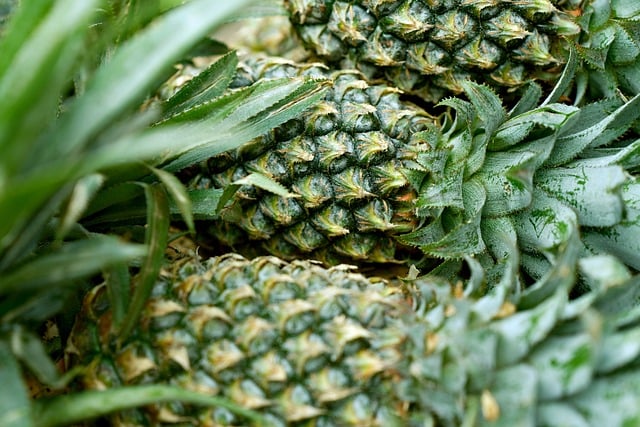Safe Human Foods for Pets: A Guide for Pet Owners
As a pet owner, you want to provide your furry friend with the best possible care. One way to do this is by sharing human foods that are safe and healthy for them to eat. However, it’s essential to remember that not all human foods are created equal when it comes to pets. Some foods can be toxic or cause digestive issues, while others can be a nutritious addition to their diet.
In this article, we’ll explore the best human foods for pets and provide guidance on how to introduce them safely into your pet’s meal plan.
Before we dive into the list of safe human foods for pets, it’s crucial to understand that every pet is different, and what works for one pet may not work for another. Always consult with your veterinarian before making any changes to your pet’s diet.
A good rule of thumb is to stick to plain, unseasoned, and unsalted human foods that are low in fat and sugar. Here are some examples of safe human foods for pets:
1. Cooked chicken: Chicken is a lean protein source that can be a great addition to your pet’s diet. Just make sure it’s cooked thoroughly to avoid any bacterial contamination.
2. Plain yogurt: Yogurt contains probiotics, which can help support your pet’s digestive health. Choose plain, unflavored varieties without added sugars or sweeteners.
3. Sweet potatoes: Cooked and mashed sweet potatoes are a nutritious treat for pets. Rich in fiber, vitamins, and minerals, they make a great alternative to table scraps.
4. Green beans: Steamed or cooked green beans are a crunchy snack that’s low in calories and rich in nutrients.
5. Carrots: Raw or cooked carrots are a healthy treat for pets. Rich in fiber and vitamins, they can help support your pet’s eye health and digestion.
6. Apple slices: Apples are a tasty and crunchy snack that can be enjoyed by dogs and cats alike. Be sure to remove any seeds or cores, as they contain cyanide.
Fruits like blueberries, strawberries, and bananas are also safe for pets in moderation. However, it’s essential to remember that overconsumption of fruit can lead to digestive issues and other health problems.
Vegetables like peas, corn, and pumpkin are also nutritious options for pets. Cooked or raw, they can be added to your pet’s meals or served as a snack on their own.
Meat-based treats like cooked turkey, beef, or lamb are also healthy options for pets. However, make sure they’re cooked thoroughly and without any seasonings or oils.
Remember, treats should not exceed 10% of your pet’s daily calorie intake. Overindulgence can lead to weight gain and other health problems.
Some human foods that are toxic to pets include:
1. Chocolate: Contains theobromine, which can cause vomiting, diarrhea, and heart problems in pets.
2. Grapes and raisins: Can cause kidney failure in pets.
3. Onions and garlic: Contain a compound that can damage a pet’s red blood cells.
4. Macadamia nuts: Can cause weakness, depression, and tremors in pets.
5. Avocado: Contains persin, which can cause vomiting and diarrhea in pets.
When introducing human foods into your pet’s diet, follow these guidelines:
1. Start with small amounts: Begin with a small amount (about 1/4 teaspoon per pound of body weight) and monitor your pet’s reaction before increasing the serving size.
2. Choose plain, unseasoned varieties: Avoid foods that are heavily seasoned or contain added sugars, oils, or salt.
3. Cook food thoroughly: Raw meat, eggs, or fish can contain bacteria like Salmonella or E. coli, which can cause food poisoning in pets.
4. Avoid overfeeding: Treats should not exceed 10% of your pet’s daily calorie intake to prevent weight gain and other health problems.
Remember, every pet is different, and what works for one pet may not work for another. Always consult with your veterinarian before making any changes to your pet’s diet or introducing new foods.
This article provides a general guide to safe human foods for pets, but it’s essential to prioritize your pet’s individual needs and health status above all else.
Conclusion
In conclusion, there are many human foods that are safe and healthy for pets. By introducing plain, unseasoned, and unsalted varieties in moderation, you can add variety and nutrition to your pet’s diet while avoiding toxic or digestive issues.
Always consult with your veterinarian before making any changes to your pet’s diet, and prioritize their individual needs above all else.
Pet Nutrition | Safe Human Foods for Pets | Dog Food | Cat Food
